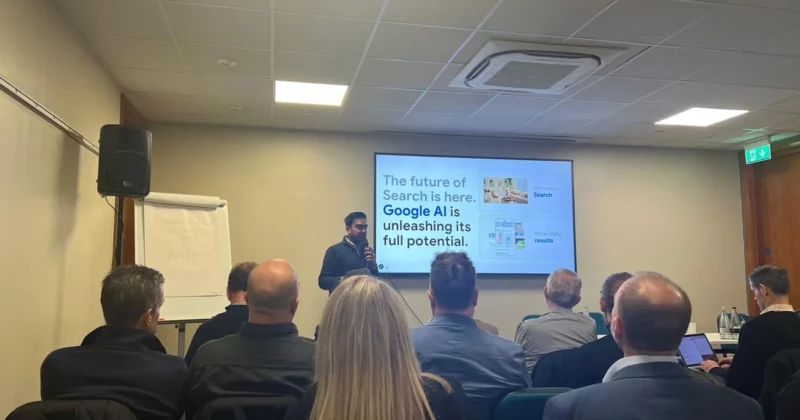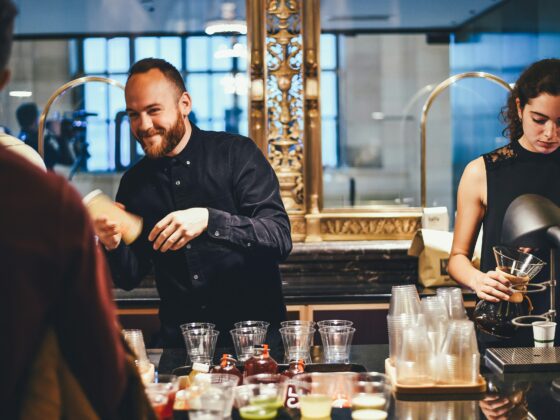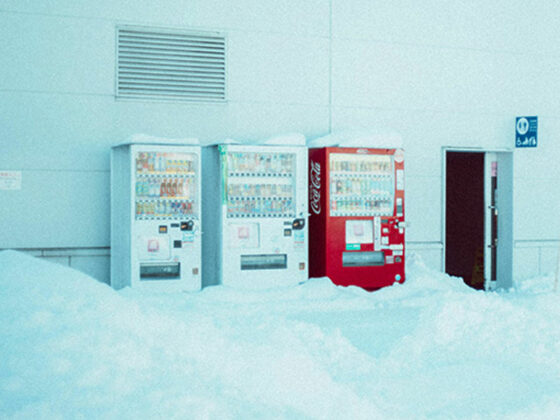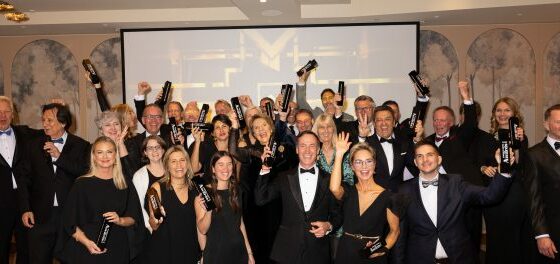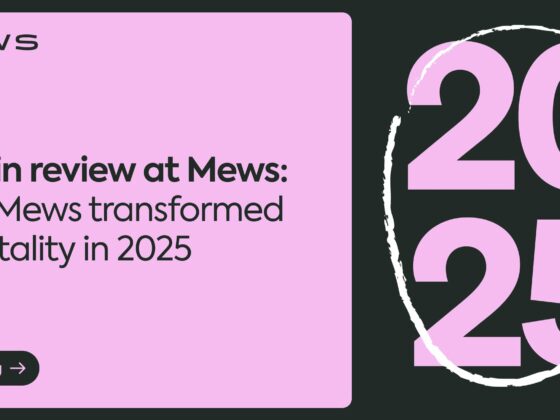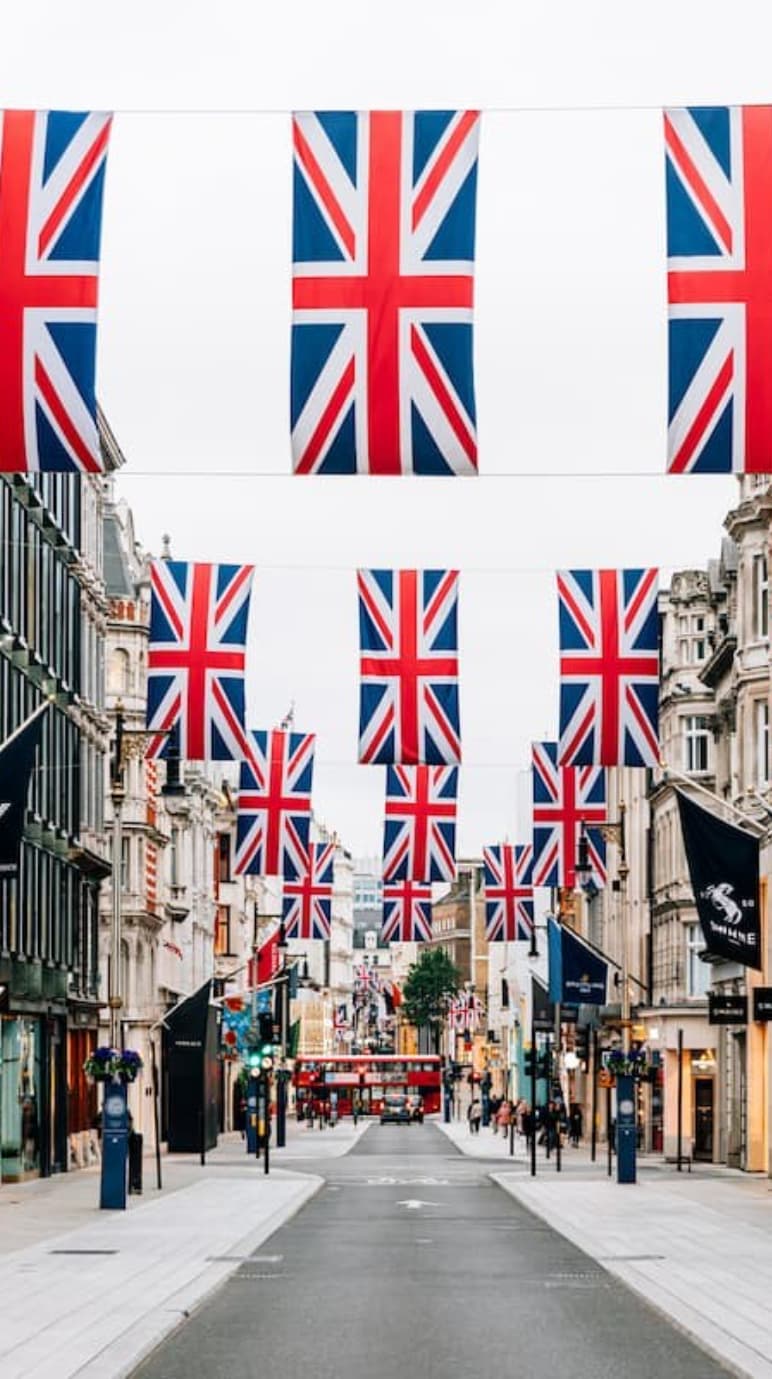
By 2030, the luxury hospitality market is poised to reach an astonishing $369.23 billion. For innovative branding agencies, this isn’t just a statistic—it’s a beacon of untapped potential. But how do you navigate this elite landscape and create marketing that truly resonates with the most discerning consumers? The secret lies in studying the success stories. Dive into the strategies of top-tier companies and uncover the insights that can propel your career in high-end branding to extraordinary heights. Whether you’re looking to understand your audience more deeply or focus on what makes luxury products stand out, there’s a wealth of knowledge waiting to elevate your brand strategy.
What is luxury hospitality branding?
The art and science of creating an exclusive, high-end image and experience goes beyond mere marketing to embody the essence of opulence, exclusivity and personalized service. It involves visual aesthetics, exceptional standards and a strong brand identity that resonates deeply with affluent clientele.
The goal is to create a unique and memorable experience that justifies a premium price point and encourages loyalty.
Luxury branding in action
A prime example of this high-end marque making is Aman Resorts, known for its ultra-luxurious properties that offer a serene and intimate experience. The brand has cultivated a reputation for exceptional service and attention to detail, such as knowing consumer preferences in advance and providing highly personalized services.
Another example is the Ritz-Carlton, the luxury hotel brand, which has built its image around the concept of legendary service, ensuring every guest feels like royalty. Its motto: “We are Ladies and Gentlemen serving Ladies and Gentlemen,” encapsulates its commitment to providing the highest level of care and attention.
Luxury hospitality branding also extends to visual identity and design. For instance, the interiors of the Burj Al Arab Hotel in Dubai are designed to exude opulence, with its iconic sail-shaped silhouette and lavish decor that features gold leaf and other luxurious materials. This attention to physical detail reinforces the brand’s promise of an extraordinary experience.
How is luxury branding different from regular branding?
There are several key ways in which this type of marketing stands apart from the everyday variety, including:
- Exclusivity: luxury brands create a sense of rarity and uniqueness that regular brands do not. This is achieved through limited availability, unique offerings and personalized services. For example, Bulgari Hotels limits its number of properties to maintain an exclusive aura, ensuring each location remains a coveted destination. Other product-based companies design waiting-list-only items to build this impression of privileged access
- Experience over product: while regular branding often focuses on the product itself, luxury brands focus on creating memorable and unique moments
- High quality standards: luxury hotels and high-end brands maintain excellence in every aspect of their business. This includes the physical product or service and customer care, branding materials and even the brand’s online presence
- Emotional connection: high-end brands strive to build a deep bond with their customers. This involves storytelling, creating a heritage and forging a sense of belonging among their clientele. Chanel, although primarily a fashion company, has successfully extended this emotional branding to its luxury hotels, providing an experience that reflects the elegance and sophistication of the name
- Prestige and status: regular brands may focus on functionality and affordability, but their luxury counterparts are about status and cachet. Owning or experiencing a high-end brand is often seen as a status symbol. The St. Regis brand, with its extensive history and high-profile clientele, exemplifies this by creating a sense of prestige around its properties
Hints and tips for luxury branding in hospitality
Working in the high-end brand sector requires strong attention to detail, a deep understanding of affluent high-end consumers and a commitment to delivering the highest standard in guest experiences. To succeed in the ultra-luxury sector, keep the following hints and tips in mind:
Understand your audience
To create a compelling luxury brand, it’s essential to know your target clientele. Affluent customers have distinct preferences and expectations that differ significantly from the general market. They value exclusivity, personalization and high-quality experiences. Conducting in-depth research and gathering insights on the behaviors, desires and lifestyles of your selected demographic should inform your branding strategy.
For example, the Ritz-Carlton brand has a detailed customer profile system that tracks the preferences and past experiences of their guests. This allows them to personalize every aspect of their service, from the type of pillow a guest prefers to their favorite drink upon arrival.
Create an exclusive experience
Exclusivity is an expectation in luxury branding. High-end brands can achieve this by offering unique experiences that are not available to the general public via methods such as limited availability, VIP access and bespoke services.
Aman Resorts exemplifies this by maintaining a small number of highly curated properties, each offering unique and personalized experiences. Its commitment to privacy and exclusivity attracts a high-end clientele that values discretion and bespoke service.
Emphasize quality and craftsmanship
High standards are non-negotiable in luxury branding. Every touchpoint, from the physical environment to the service interactions, must reflect excellence. This can include using the finest materials, providing meticulous attention to detail and maintaining rigorous quality control.
Brands such as Bulgari Hotels ensure their properties are adorned with luxurious materials and sophisticated design elements that reflect their heritage in high-end jewelry and fashion. This commitment to quality extends to every aspect of the guest experience.
The most luxurious brands in hospitality only hire experienced and well-trained individuals. Anyone wishing to work with them needs to ensure they are at the top of their professional game.

